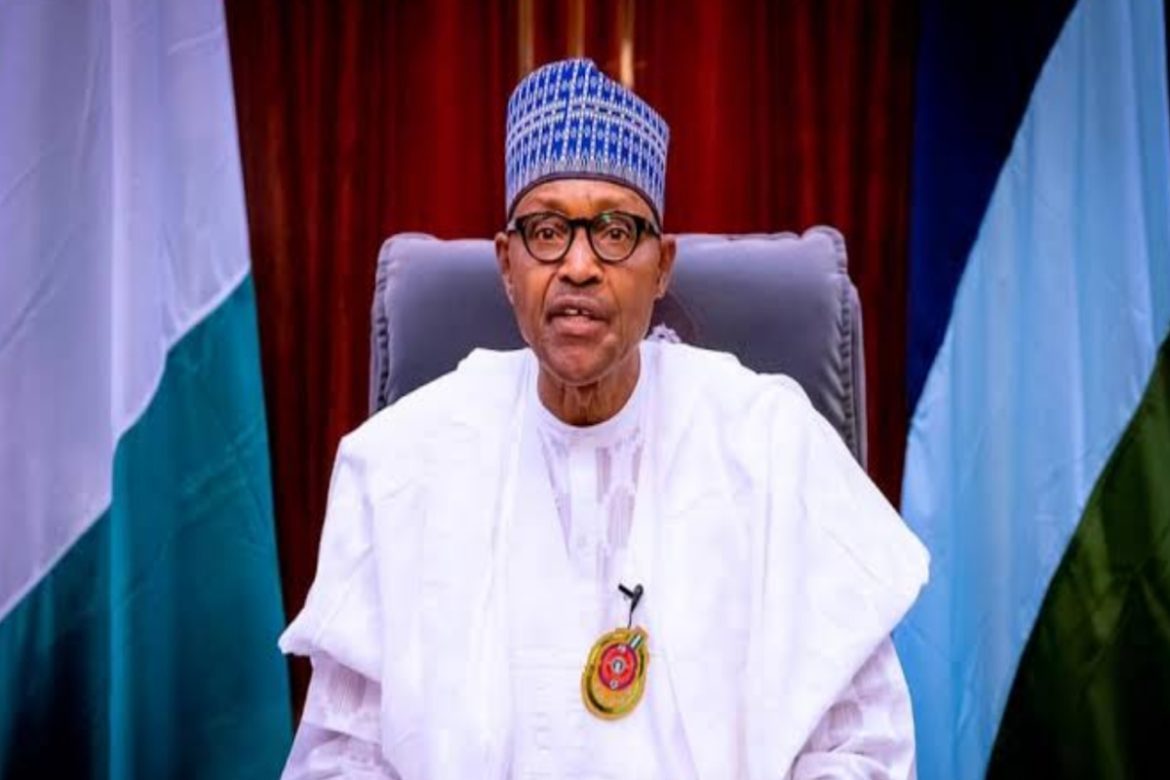Nigeria is in mourning following the death of its former president, Muhammadu Buhari, who passed away at the age of 82 after a brief illness. The news was confirmed 0n Sunday by family members and senior government officials, prompting an outpouring of tributes from across the nation and beyond.
Born on December 17, 1942, in Daura, Katsina State, Buhari was a retired Major General, military Head of State (1983–1985), and two-term civilian president (2015–2023). His passing marks the end of a defining era in Nigeria’s modern political history.
According to sources close to the family, Buhari died at a private medical facility in Abuja, where he had been receiving treatment for age-related health complications. While the exact cause of death has not been officially disclosed, insiders say the former leader had experienced a sharp health decline in recent months, though he remained out of the public eye for most of 2025.
President Bola Ahmed Tinubu described Buhari’s death as “a profound loss to the nation.” In a statement from Aso Rock, Tinubu praised Buhari’s dedication to Nigeria’s unity, anti-corruption stance, and decades of service to the nation.
“President Buhari served Nigeria with unwavering discipline and patriotic resolve. His legacy will forever remain part of our national consciousness,” Tinubu said.
Flags are expected to fly at half-mast nationwide for seven days, and plans for a state funeral are currently underway, with dignitaries from across Africa and the world expected to attend.
Buhari first rose to national prominence as a no-nonsense military leader when he took power through a coup in 1983, ousting the civilian government of President Shehu Shagari. His regime was known for its War Against Indiscipline, rigid fiscal control, and crackdown on corruption though critics often cited human rights violations and press suppression.
After being deposed in 1985, Buhari maintained a low profile for years before re-emerging as a democratically elected politician. Following three failed presidential bids, he was finally elected in 2015 under the All Progressives Congress (APC), defeating incumbent Goodluck Jonathan in a historic vote.
His presidency was marked by efforts to tackle insurgency in the Northeast, launch large-scale infrastructure projects, and revive the fight against corruption, though he also faced criticism over economic struggles, insecurity, and perceived marginalization of some regions.
Buhari stepped down in 2023 after completing his second term, handing over power to President Tinubu and retreating to a quieter life in Daura.
While many hail Buhari as a symbol of discipline and integrity, others argue that his leadership style was rigid and slow to adapt to Nigeria’s evolving democratic landscape.
Still, he remained a respected figure in parts of Northern Nigeria and among older generations who remembered his military-era policies with admiration.
Buhari is survived by his wife, Aisha Buhari, children, and grandchildren. His family is expected to issue a formal statement soon.
In line with Islamic tradition, burial arrangements are expected to take place quickly, possibly in his hometown of Daura. The federal government has announced the formation of a national burial committee, which will coordinate memorials, tributes, and an official day of remembrance.
As Nigerians reflect on the life and times of Muhammadu Buhari, tributes continue to pour in from former presidents, international leaders, and ordinary citizens.


